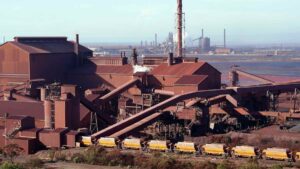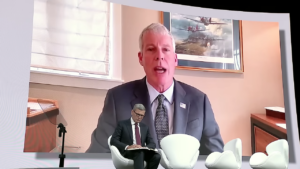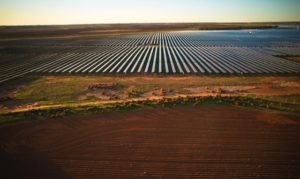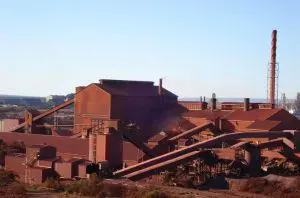
The Queensland state government says it has received 115 proposal from 79 businesses from its “Renewables 400” program that seeks at least 400MW of large scale renewable project including 100MW of energy storage.
The tender closed on September 25, but the numbers were only released in state parliament by energy minister Mark Bailey on Wednesday.
The 115 proposals account for a total of 9000MW of renewable projects, more than 20 times the capacity sought, and 6000MW of energy storage, including battery storage and several proposals for solar thermal projects of the type built at Crescent Dunes in Nevada and to be built in Port Augusta.
SolarReserve, the company which built Crescent Dunes and won the contract for Port Augusta, has said that it is looking at opportunities in Queensland. Solar PV companies are also putting forward battery storage proposals, while the likes of Genex are likely to have proposed a mix of solar and pumped hydro.
“We’ve received strong interest from local and overseas companies and it’s clear that investors are excited about the renewable energy boom happening in the Queensland and what we have to offer,” Mr Bailey said.
“Renewable energy and storage technology will play an important role in the transition to a lower carbon energy future and we are doing everything we can to ensure the benefits of this new investment flow into the Queensland economy.
The tender is a key plank in its policy to reach 50 per cent renewable energy policy, a target that is well on its way with more than 20 large scale renewable energy projects accounting for more than 2000MW under construction.
This is seen to be the second leg of that program, providing incentives for wind energy and for solar farms accompanied by some form of storage, be it battery storage, pumped hydro, solar thermal or some other.
The solar projects needed to be accompanied by storage equivalent to one fifth of their average daily output. The levels of storage has surprised some in the industry given the enormous amount of back-up capacity already built into the Queensland grid to support its baseload plants and to meet peak demand.
“The proposals received include renewable energy projects from a wide range of technologies and energy storage projects either stand alone or integrated with a renewable energy project,” Bailey said in a statement.
Bailey noted that the 9,000MW offered in the tender was greater than the current 8,200 MW capacity of its coal-fired power station fleet “and is further proof that Queensland does not need a new coal-fired power station being trumpted by the LNP.”
“The clean energy mix of the EOI is around 2200 MW of wind energy, more than 6400 MW of solar and around 500MW of other renewable energy technologies such as biomass.
“There is some real innovation in these proposals, as we have had interest from stand-alone projects as well as those integrated with renewable energy projects,” he said.
“The integration of storage with renewables is the future and particularly important to enable renewable energy to be dispatched in the market when it is required.
“In addition, we have received proposals from across the energy storage technology spectrum – battery storage is certainly prominent but we have also got broader interest, including technologies that have yet to be deployed in the Australian market.
“In addition to supporting the deployment of renewable energy, storage technologies can provide a range of services that will help to enhance the security and reliability of Queensland’s electricity network.
“So by encouraging investment in Queensland, we’re also supporting diversity in renewable generation supply and our future energy security.”
Until the election of the Labor government, Queensland had no large scale wind or solar projects. One project is already on line, and another 20 in construction or about to begin construction. Several are almost complete.
Shortlisted projects will be invited to participate to the next and final stage of the auction process expected to start in November 2017 – presuming the state government does not go to the polls first.










